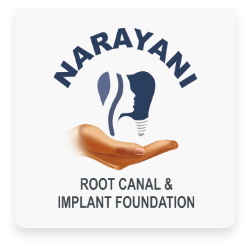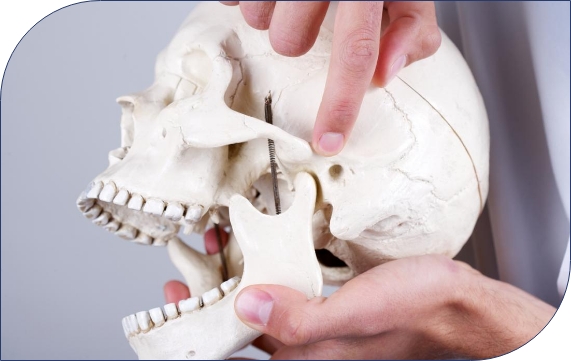
Understanding and Treating Jaw Joint Dysfunction
Temporomandibular Joint (TMJ) disorders refer to a range of conditions affecting the jaw joint and the muscles that control jaw movement. These disorders can cause discomfort, pain, and difficulty in jaw function. Narayani Dental Clinic is dedicated to addressing TMJ disorders through comprehensive evaluation and tailored treatment plans, ensuring optimal oral health and comfort for their patients.
What are TMJ Disorders?
The temporomandibular joint (TMJ) is the joint connecting the jawbone to the skull, facilitating essential functions like chewing, talking, and yawning. TMJ disorders encompass various conditions that affect this joint, leading to symptoms such as jaw pain, clicking or popping sounds, and restricted jaw movement.
Procedure Overview
- Initial Assessment: Begin with a detailed examination at Narayani Dental Clinic, including a review of medical history and a discussion of symptoms. Diagnostic imaging, such as X-rays or MRI scans, may be used to assess the TMJ's structure.
- Symptom Management: Treatment often begins with symptom management. This may involve lifestyle modifications, such as avoiding hard or chewy foods, applying heat or cold packs, and practicing relaxation techniques to alleviate stress-related jaw clenching.
- Occlusal Splints: Occlusal splints, also known as bite guards or night guards, may be recommended. These custom-fitted devices help stabilize the jaw and alleviate symptoms by preventing teeth grinding or clenching, especially during sleep.
- Physical Therapy: Some patients benefit from physical therapy exercises to strengthen and stretch the jaw muscles. This can improve jaw function and reduce pain associated with TMJ disorders.
- Medications: Medications such as pain relievers, muscle relaxants, or anti-inflammatory drugs may be prescribed to manage pain and inflammation associated with TMJ disorders.
- Orthodontic Treatment: In cases where misalignment contributes to TMJ disorders, orthodontic treatment may be recommended to correct bite issues and alleviate stress on the jaw joint.
- Surgical Intervention (if necessary): In severe cases where conservative measures are not effective, surgical intervention may be considered. This can include arthrocentesis, arthroscopy, or open joint surgery to address structural issues within the TMJ.
Reasons to Choose TMJ Disorder Treatmen
- Pain Relief: Treatment for TMJ disorders aims to alleviate pain and discomfort associated with jaw joint dysfunction, improving the patient's quality of life.
- Improved Jaw Function: By addressing the underlying causes of TMJ disorders, treatment helps restore proper jaw function, allowing for smooth and pain-free movement.
- Prevention of Complications: Timely intervention can prevent the progression of TMJ disorders, reducing the risk of complications such as chronic pain, joint damage, and associated dental issues.
- Enhanced Oral Health: Treatment for TMJ disorders contributes to overall oral health by addressing issues related to jaw alignment, teeth grinding, and muscle tension.
- Customized Approach: The treatment approach for TMJ disorders is highly individualized, allowing for tailored solutions based on the specific symptoms and causes identified during the assessment.
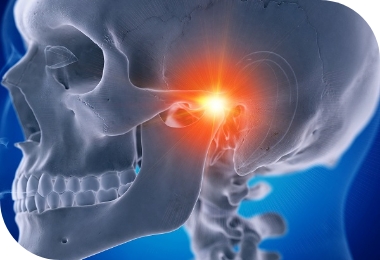

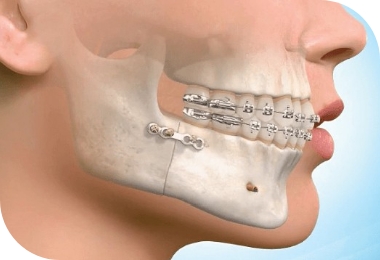
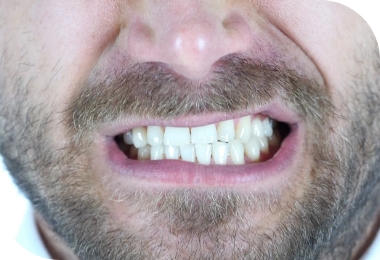
How Narayani Dental Clinic Can Help
Narayani Dental Clinic is equipped with a team of experienced dentists and specialists who are proficient in diagnosing and treating TMJ disorders. The clinic's commitment to patient-centric care ensures a thorough evaluation of each case, leading to personalized treatment plans that address the unique needs and concerns of the individual.
FAQs
Common symptoms include jaw pain, clicking or popping sounds when opening or closing the mouth, difficulty chewing, facial pain, and headaches.
Yes, stress and anxiety can contribute to jaw clenching and teeth grinding, which are common factors in the development of TMJ disorders.
The timeline for improvement varies based on the severity of the condition and the chosen treatment approach. Some patients may experience relief within weeks, while others may require more extended periods of treatment.
While some cases may resolve with conservative treatments, others may require ongoing management to control symptoms. A personalized treatment plan can be developed based on the specific needs of each patient.
Yes, certain lifestyle modifications such as avoiding hard or chewy foods, practicing relaxation techniques, and maintaining good posture can contribute to the management of TMJ disorders. The dental team at Narayani Dental Clinic can provide guidance on these adjustments.
